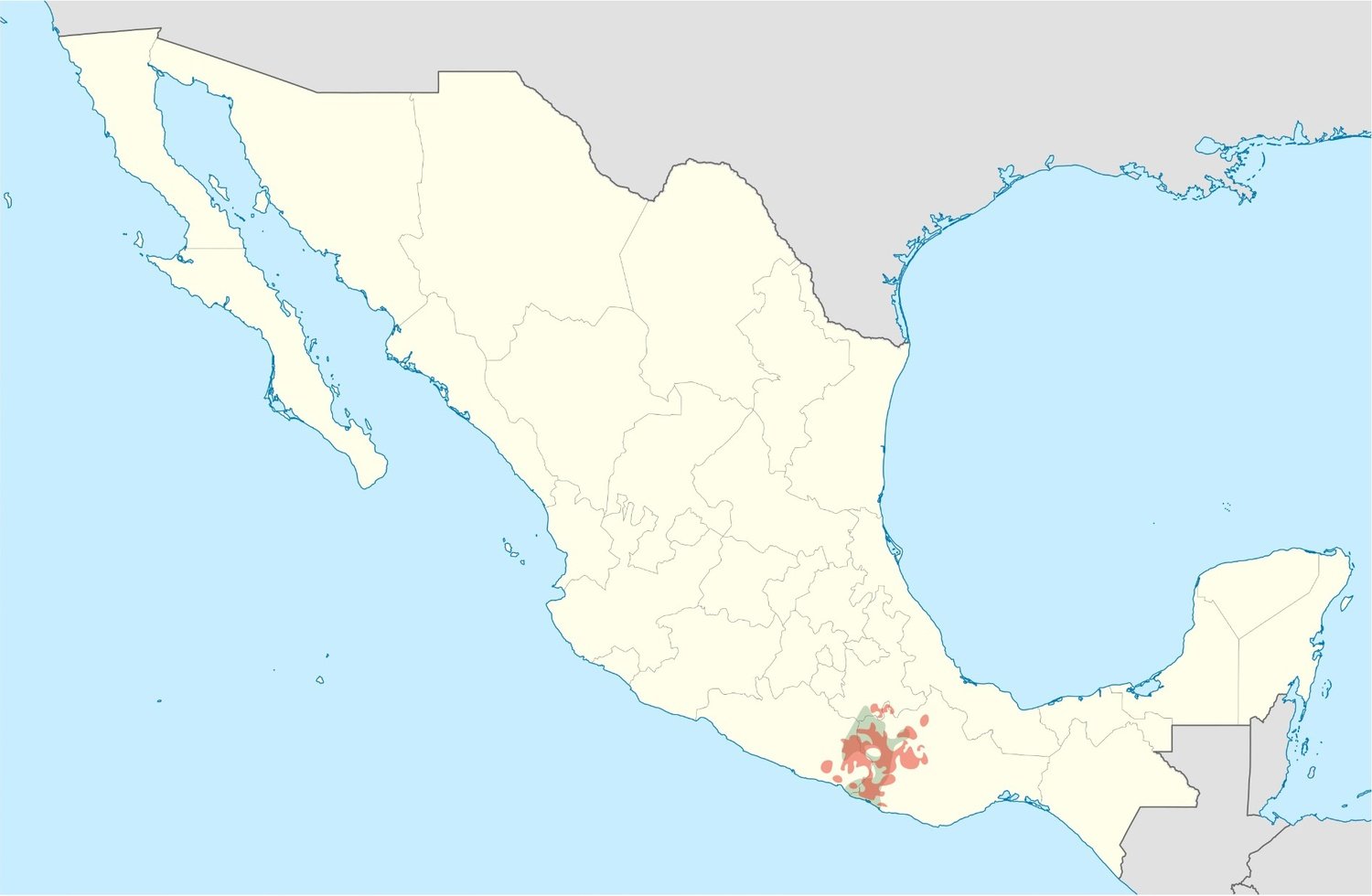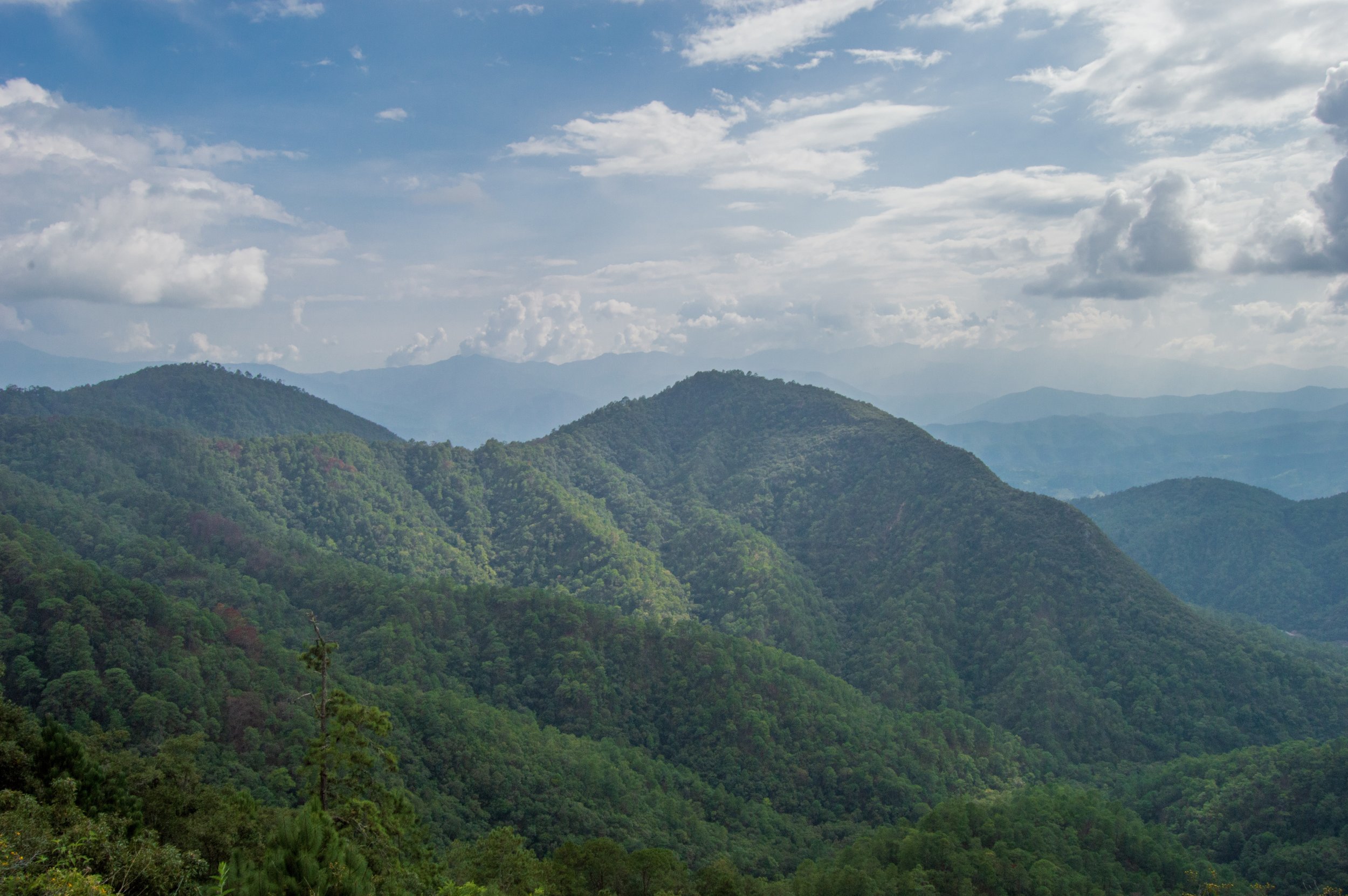
Get to Know the Mixtec language and explore Mexico
With more than half a million speakers, the Mixtec language is spoken in La Mixteca - a region spanning the Mexican states of Oaxaca, Puebla, and Guerrero.
Over the years, migration has brought the Mixtec language to other parts of Mexico, and even the United States - with a significant community in California.
More information can be found at Mixteco.org - a project to support, organise, and empower indigenous migrant communities of California, including Mixtecs, Zapotecs, and Purépechas.
Why learn the Mixtec language?
Although categorisation depends on someone’s criteria for distinguishing languages and dialects, what is certain is that the Mixtec language has plenty of variety. Some categorisations suggest there are more than 50 varieties of the language, and not all of these are mutually intelligible - hence why some define them as languages rather than dialects.
Whichever preference someone has for categorisation, all of these varieties form part of the Mixtec branch of the Mixtecan languages, which are in turn part of the Oto-Manguean language family.
Speakers of the Mixtec language refer to their language as ‘word of the rain’ or ‘voices of the rain’. The spelling and form depends on the the variety of Mixtec. For example, three variations of ‘word’ or ‘voice of the rain’ are tu’un savi, to’on sawi, and sa’an isau.
Speakers :
530,000
Where :
Mexico, United States
Dialects :
Depends on criteria. Some categorisations suggest more than 50 varieties of Mixtec
Cover Image
Sola de Vega, Oaxaca, Mexico
Photo by Crisoforo Gaspar Hernandez on Unsplash
Map
By Noahedits - Own work, CC BY-SA 4.0, https://commons.wikimedia.org/w/index.php?curid=85880685
Resources for learning the Mixtec language
-

Websites and Courses
-
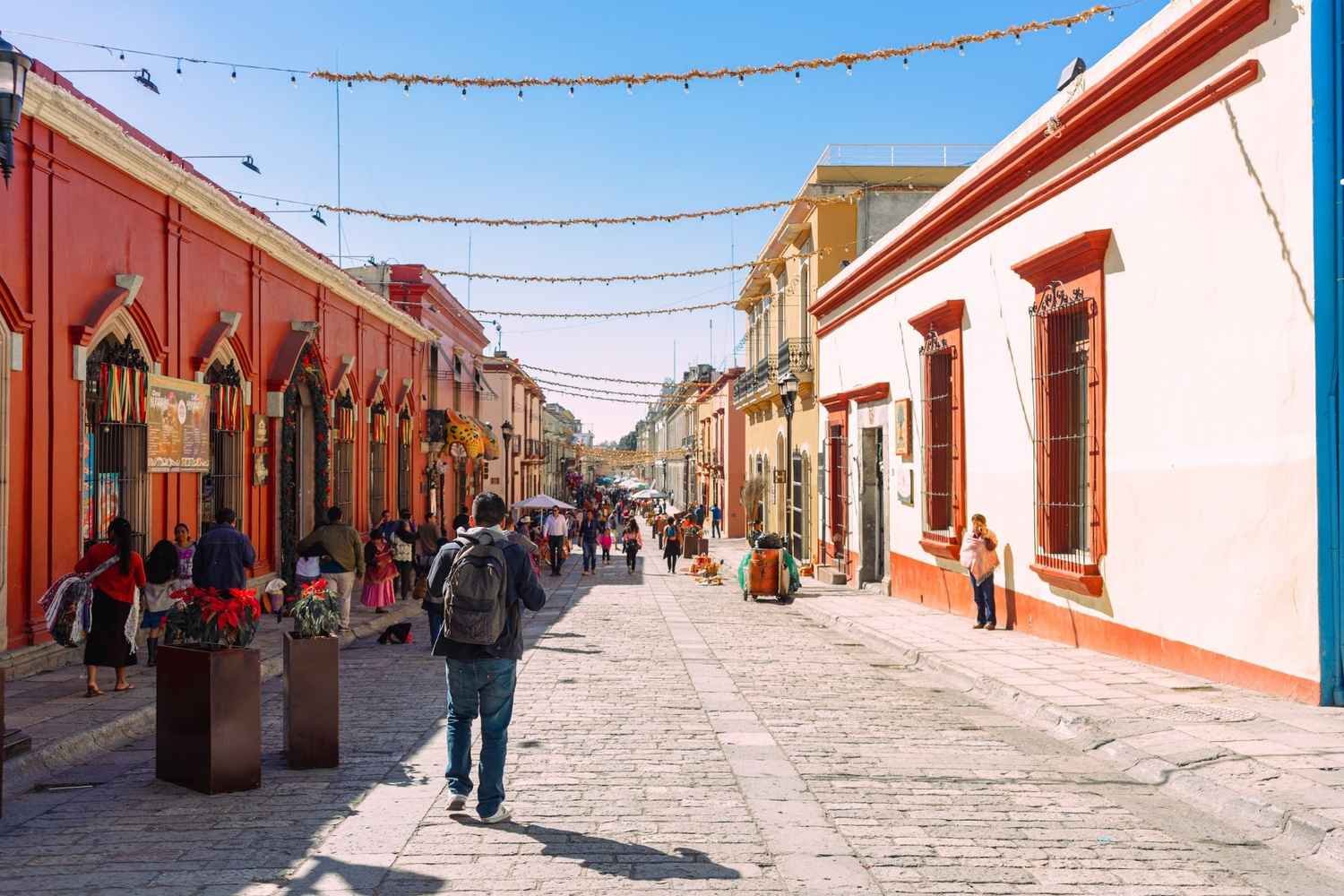
-
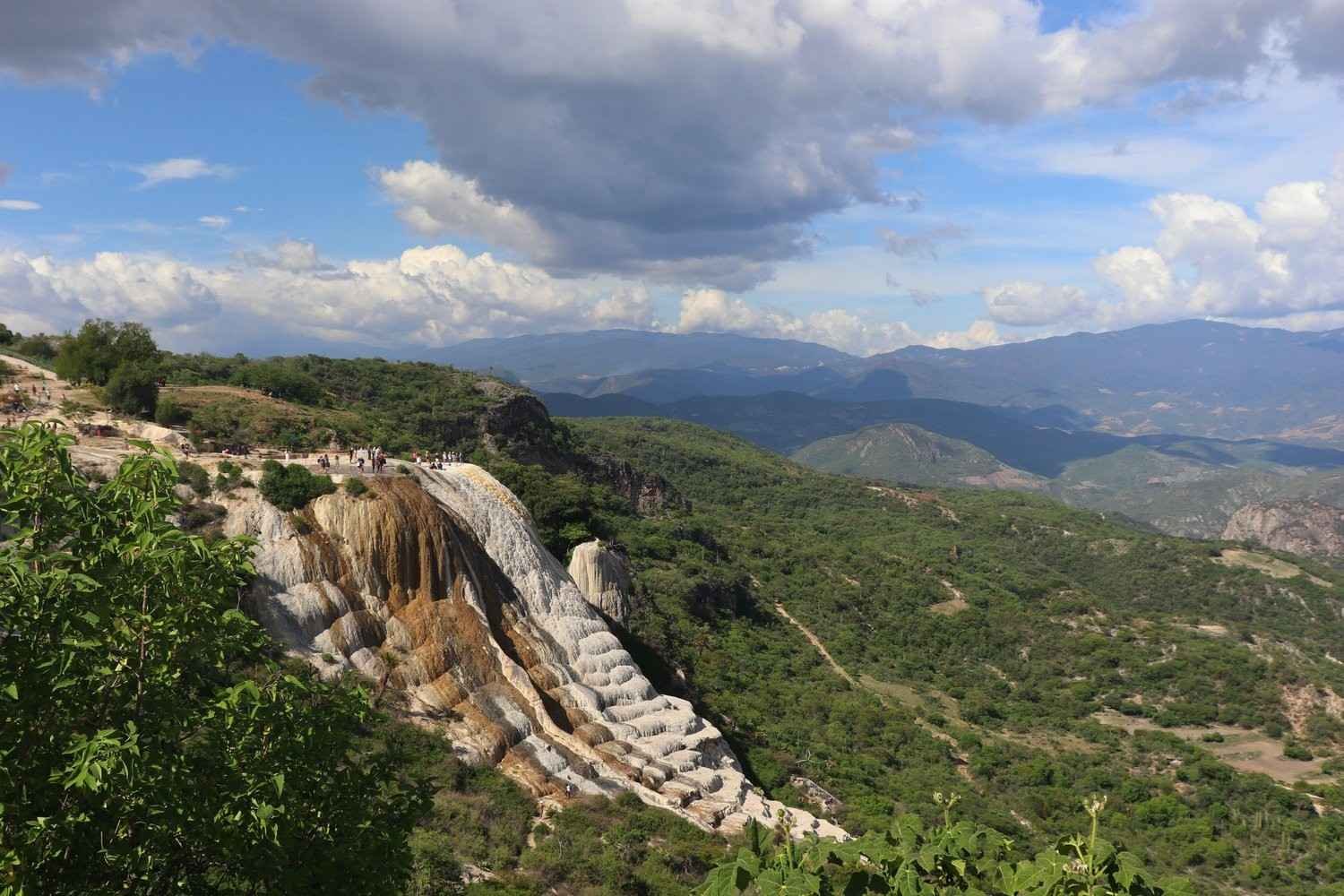
Videos
Aprendiendo Mixteco (Playlist)
Aprende Palabras Básicas en Tu’un Sávi (Mixteco)
Aprende Números del 1-20 en Mixteco
Aprendiendo Tu’un Sávi (Mixteco) con Martina Rojas - Saludo, Agradecimiento y Despedida
Aprendiendo Tu’un Sávi (Mixteco) con Martina Rojas - El Saludo
Saludo en plural Tu’un Sávi (Mixteco) con Martina Rojas
Pronombres personales en Tu’un Sávi con Martina Rojas
Español a Mixteco : Aprendemos Juntos
Hablo y Escribo Mixteco : Números 1 al 20
Palabras Básicas - Mixteco Bajo
Saludos y Despedidas en Mixteco Bajo
Palabras Comunes en Mixteco Alto, Oaxaca
Hablando Mixteco con tia Micaela de Cima de Peña
Mixteco : The Death (Narrated in Mixtec)
-

-
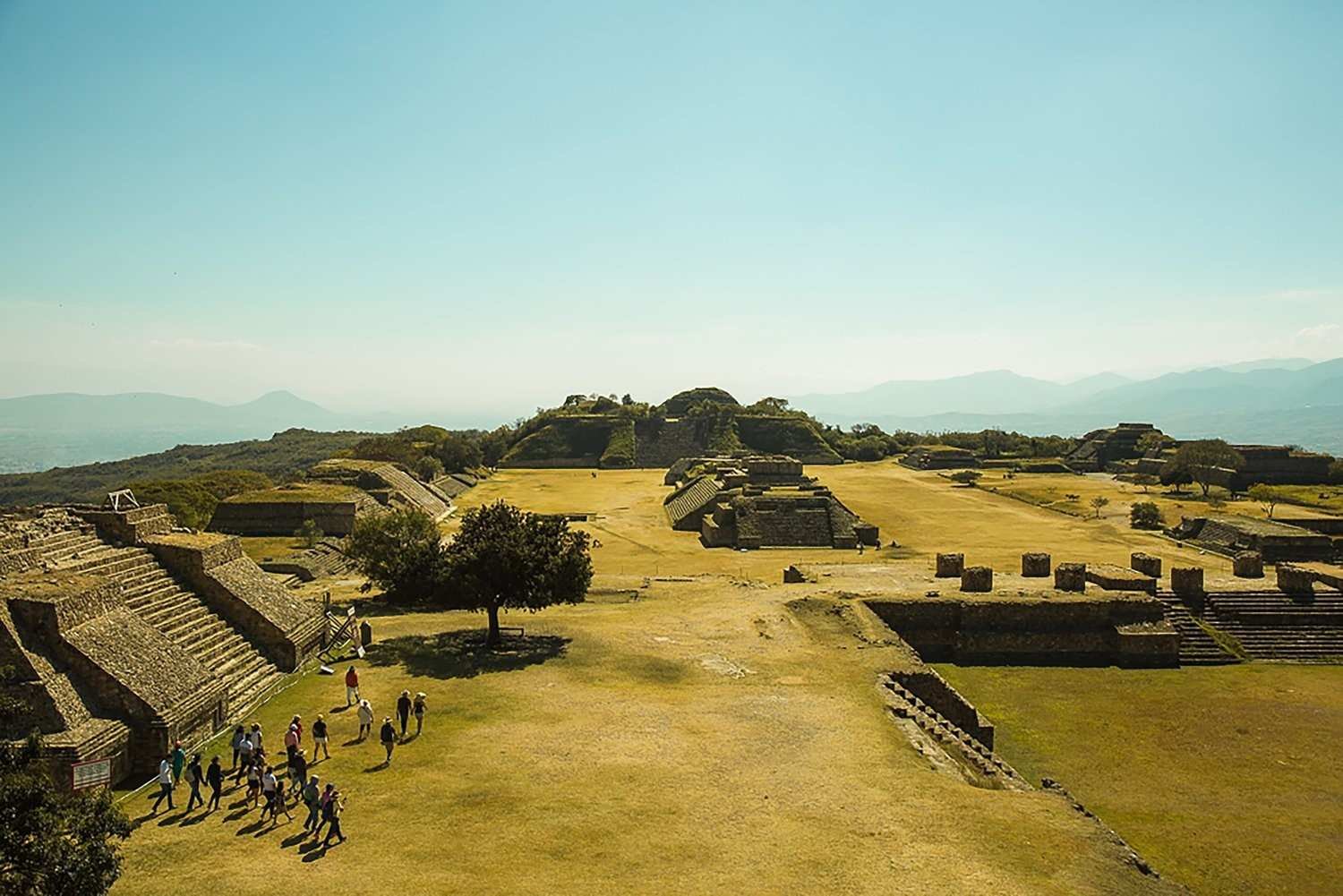
Books
The Cloud People : Divergent Evolution of the Zapotec and Mixtec Civilisations
edited by Kent V. Flannery
Stories in Red and Black : Pictorial Histories of the Aztec and Mixtec
by Elizabeth Hill Boone
Codex Bodley : A Painted Chronicle from the Mixtec Highlands, Mexico
by Gabina Aurora Pèrez Jiménez and Maarten Jansen
The Covenants with Earth and Rain : Exchange, Sacrifice, and Revelation in Mixtec Society
by John Monaghan
Codex Sierra : A Nahuatl-Mixtec Book of Accounts from Colonial Mexico
by Kevin Terraciano
The Mixtecs of Colonial Oaxaca
by Kevin Terraciano
by Laura Velasco Ortiz
The Complete Codex Zouche-Nuttall : Mixtec Lineage Histories and Political Biographies
by Robert Lloyd Williams
-
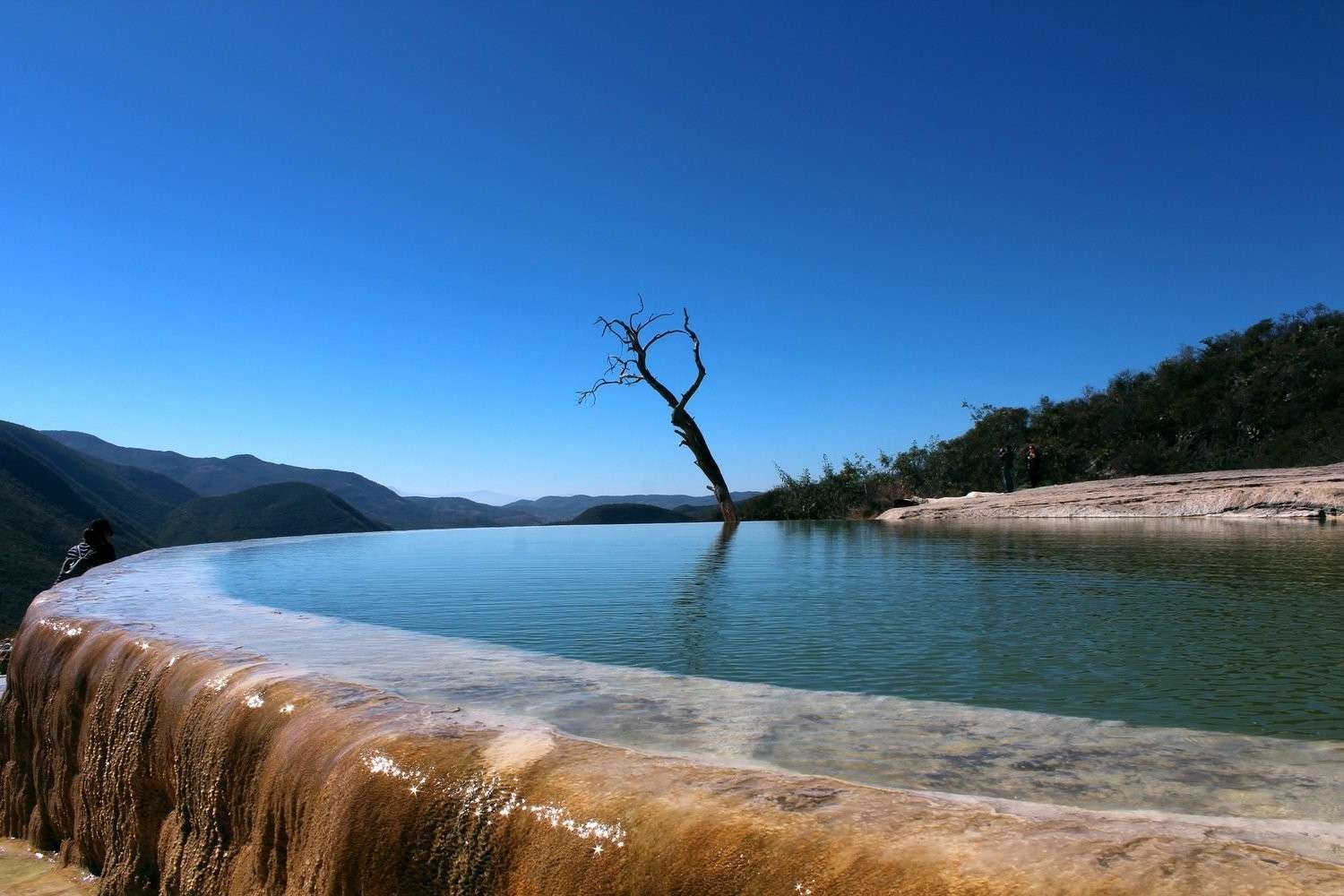
Podcasts
-
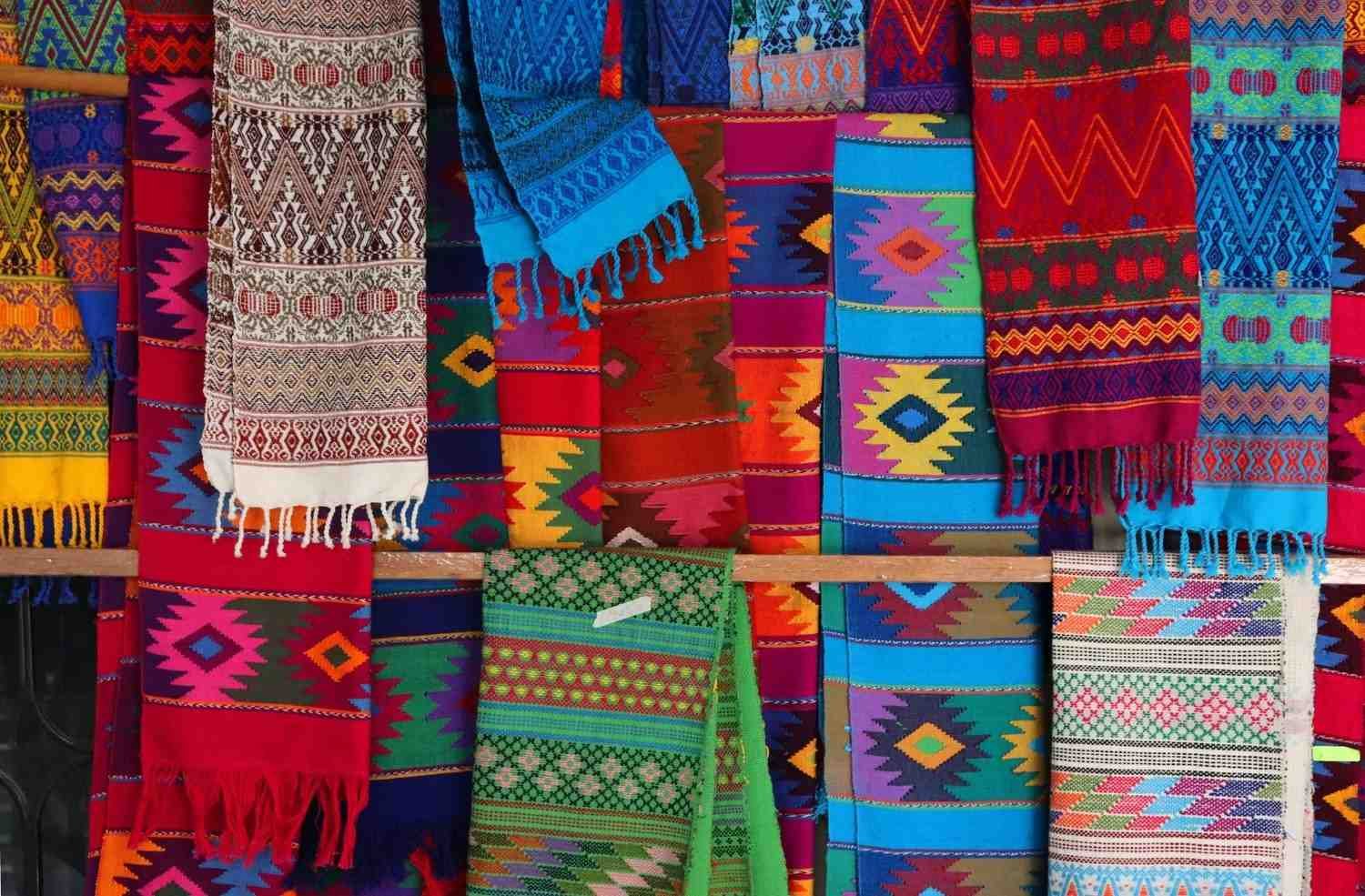
-

-

-
All of the resources mentioned on the website and in the How to Learn Languages guides are resources I believe in. They're resources I've either found useful learning languages, or have researched for the How to Learn Languages website and guides. The overwhelming majority of these resources are not affiliate links.
I only agree to affiliate links for resources I genuinely believe in. By having affiliate links for resources I believe in, I hope this can reduce the cost of paid resources for you, whilst also helping me to continue working on books, videos, documentaries, and How to Learn Languages.
This link to the Ling app is an affiliate link. I recommend Ling because they provide a fun and convenient way to start learning languages that are less frequently covered online. If you sign up to one of Ling’s paid plans using this link, I’ll earn a commission - at no extra cost to you.
If you buy certain books linked in How to Learn Languages guides, on my websites, or social media channels, I’ll earn a commission - at no extra cost to you - from Bookshop.org, whose fees support independent bookshops. Any books that aren’t available from Bookshop.org have been linked to their relevant page on Goodreads.
This italki link is also an affiliate link. If you pay for your first lesson on italki using this link, you’ll receive $10 italki credits, and I’ll earn a commission - at no extra cost to you.
Although the series aims to show anyone how to learn languages for free, it’s true that paid resources often help save time - both in terms of preparation and organisation. By having affiliate links for resources I believe in, I hope this can reduce the cost of paid resources for you, whilst also helping to make the development of more How to Learn Languages guides possible.
Regardless of whether you use the affiliate links, thank you so much for your support. I really appreciate it.
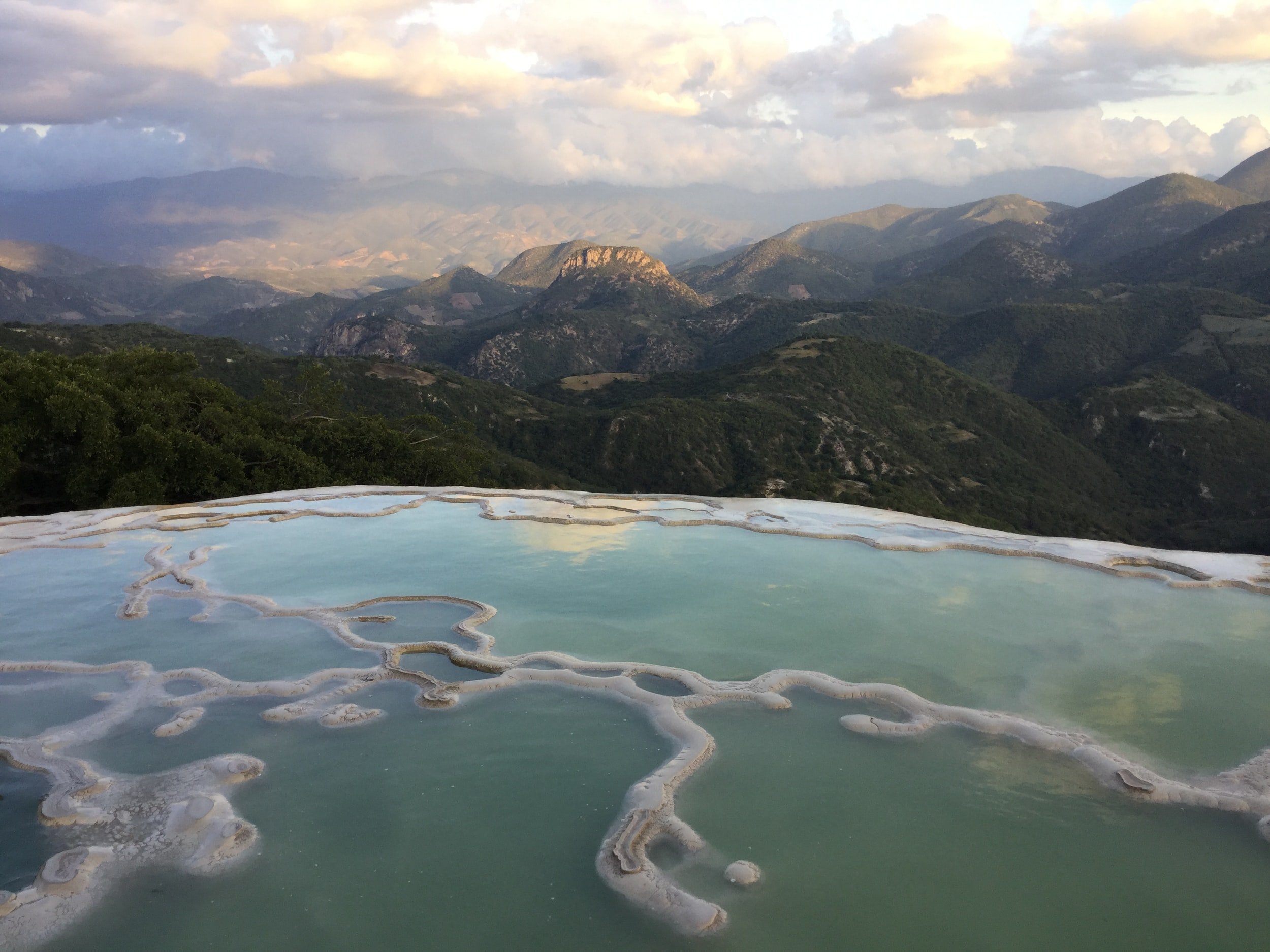
How to Learn Spanish eBook
The majority of the resources available for learning Mixtec are in Spanish.
One of the great things about learning Spanish is that it makes learning languages like Mixtec easier - simply because Mixtec is spoken in a country where Spanish is the majority language, and most of the resources are therefore in Spanish.
If you're interested in learning Spanish, How to Learn Spanish will guide you through the process in a fast and fun way.
Download the Ling app and start learning languages less frequently covered online!
★★★★★
*Affiliate link : If you sign up for Ling Pro, I’ll earn a commission, at no extra cost to you. Ling is a resource I believe in!
Contact
Do you make videos or resources for learning a specific language? Feel free to get in touch so I can add links to your work on the relevant Get to Know page for that language, or in the relevant How to Learn Languages guide.
As well as helping people to learn languages, encouraging linguistic diversity, and raising awareness for the rights of indigenous peoples, I hope How to Learn Languages will also help to grow the audiences of anyone creating resources for learning languages.


